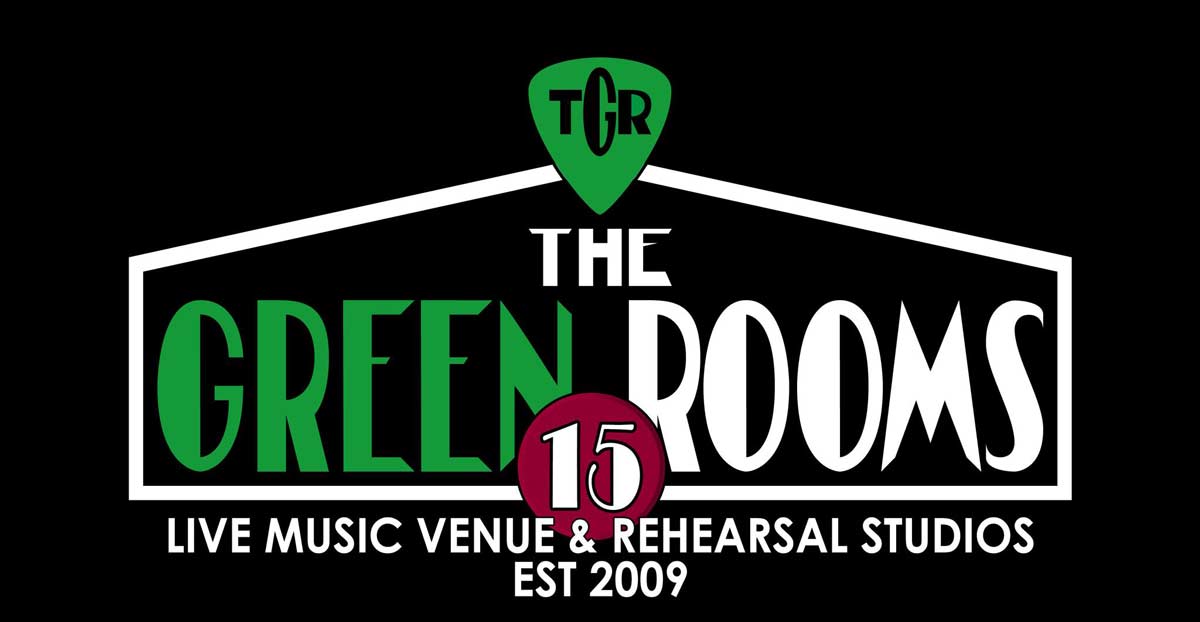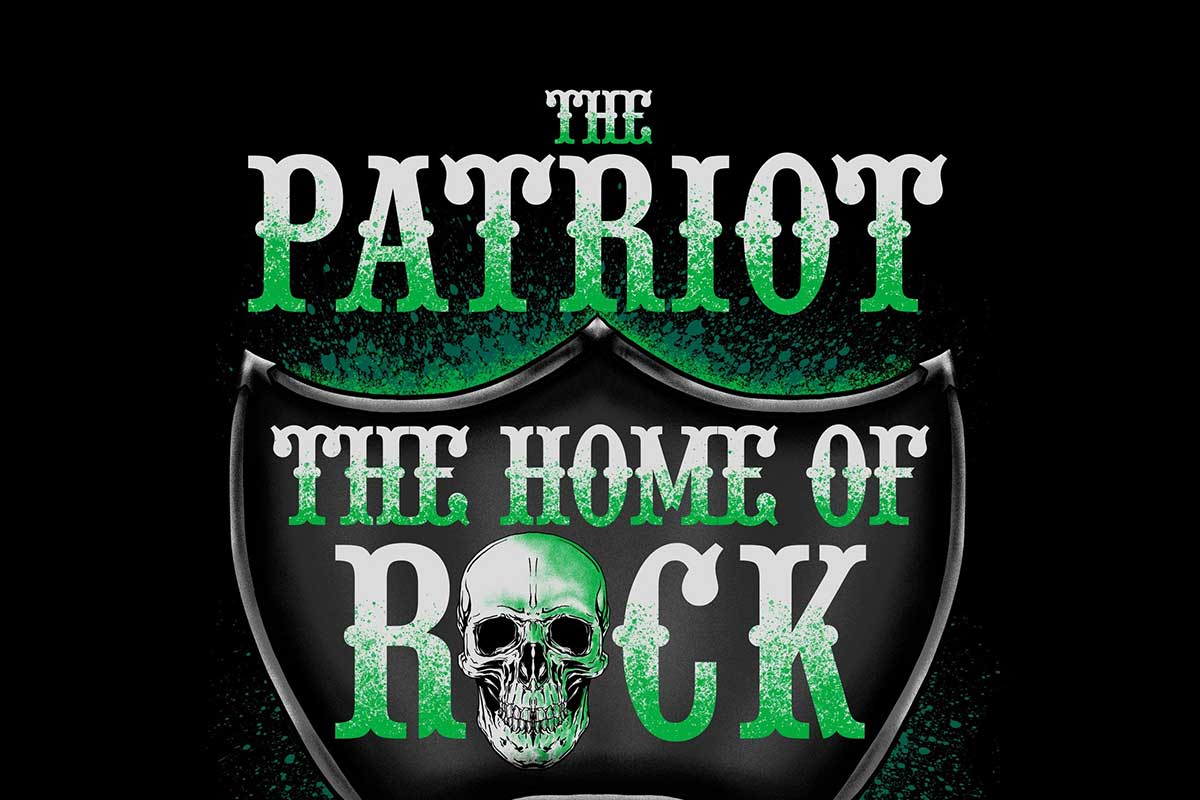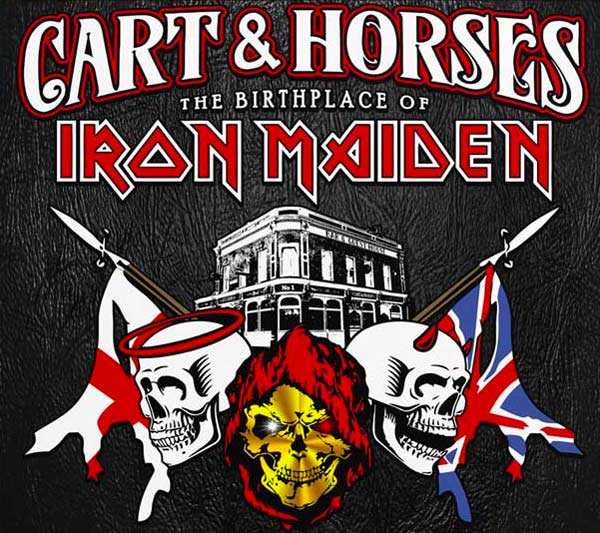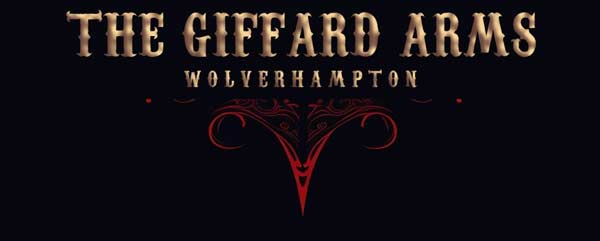Let’s be clear from the off. Heimat is not just another Heaven Shall Burn album. This is a tectonic event, a philosophical sledgehammer wrapped in melodic Deathcore steel, blasted through with righteous indignation and constructed with a near-obsessive level of sonic architecture. If you are here for riffs, they are seismic. If you are here for ideas, they are weaponised. If you are here for a band who never stopped believing that extreme music can still say something, then Heimat might just be your new spiritual homeland.
Heaven Shall Burn – Heimat
Release Date: Out Now
Words: Ash Nash
The term “Heimat” itself is notoriously difficult to translate. It roughly means “home”, “native land” or “belonging”. But it is fraught with ideological minefields. In the hands of populists, it has been used to draw lines between “us” and “them”.

In the hands of Heaven Shall Burn, though, it becomes an expansive, multifaceted concept more about identity and resilience than nationalism. Guitarist Maik Weichert frames it not as an endpoint but a beginning, a lens through which to consider culture, conflict, and connection. And the music follows suit, blistering, defiant, inquisitive, and gloriously complex.
From the breathless opening salvo of Ad Arma, it is immediately obvious we are dealing with a band at full velocity. It is a turbocharged clarion call, fusing the Thrashy immediacy of Deaf To Our Prayers with the layered production aesthetics of Of Truth And Sacrifice. Clocking in at under two minutes, it is an aggressive handshake. Think of it as the bastard child of Slayer and Heaven Shall Burn’s own Hunters Will Be Hunted, reared on modern production and post-2020 disillusionment.
Then comes War Is The Father Of All, which hits like an Abrams tank wrapped in philosophy. Referencing Heraclitus’ belief that struggle underpins creation, the track pummels and philosophises in equal measure.
It is the kind of song that would have made sense in a reading group about Clausewitz if everyone involved were also in windmilling pits. With riffing reminiscent of prime-era At The Gates and drums that echo the precision of Madsen’s mix on Iconoclast, it is a precision-guided missile of Metal scholarship.
There is no room to breathe before My Revocation Of Compliance drops, the album’s mission statement, and arguably one of the band’s most ferocious anthems to date. Lyrically, it is anti-capitulation. Musically, it is all down-tuned insurgency and jagged rhythmic syncopation.
It brings to mind the political fire of Voice Of The Voiceless, but instead of panicked urgency, this burns with the cold confidence of experience. It is that rare beast, a pit-starter that also reads like political theory set to breakdowns.
Confounder proves that Heaven Shall Burn are still very much willing to play with expectations. It is the most structurally unorthodox piece on the record, all dissonance, tempo shifts, and discordant melody. You can practically smell the influence of bands like Converge and early Neurosis, with layers that seem to buckle under their own weight, only to reform into something even more punishing.
For the audio engineer types: yes, it’s dense, but never murky. Madsen’s mix here is a feat of sonic cartography.
Amidst this brutality, Empowerment acts as a moment of uplift. Not in a cheesy, faux-hopecore way, but in a very Heaven Shall Burn sense: scorched yet defiant. Melodic refrains interlace with tremolo runs that hint at Black Metal’s icy grandeur, before erupting into blastbeat-driven crescendos that feel practically symphonic.
It is as if Antigone and Wanderer had a child who read too much Camus and spent time in the gym.
Let’s talk emotion. A Whisper From Above and Ten Days In May are gut punches. The former is an ethereal elegy haunted with cleans and mournful leads that feel more akin to Fall Of Efrafa or Cult Of Luna than traditional Deathcore, while the latter tackles history head-on, evoking the horrors of war with cinematic pacing and aching melody. The guitars mourn, the drums rage and Marcus Bischoff sounds like he is screaming through time itself.
Dora, named after the Mittelbau-Dora concentration camp, is the album’s conscience. It is reverent without being maudlin, aggressive without being exploitative. It stands as a moral centrepiece, drawing emotional power from restraint as much as from brutality.
HSB’s legacy has always been wrapped up in memory and memorialisation, but this may be their most affecting example since If This Is A Man.
By the time we reach Inter Arma, the record has traversed politics, history, identity, mourning, and fury and still, this final act manages to feel like the real summit. It is their most classically composed closer since The Final March, a track that unfolds like a sonata in distortion, complete with choral sweeps and stately crescendos.
There are moments that border on film score Metal, but it never strays into indulgence. It ends, appropriately, like a book you want to re-read immediately.
So what does Heimat actually mean in Heaven Shall Burn’s discography?
Let’s get ultra-nerdy. If Antigone was the thesis and Iconoclast the revolt, then Heimat is the philosophical synthesis, the dialectical refinement of every era they have inhabited.
It is heavier than Veto, more coherent than the sprawl Of Truth And Sacrifice, and more emotionally precise than Wanderer. It revisits the militant grooves of Deaf To Our Prayers but with a mature eye for pacing and melody. In short, it is not just a summation of their legacy. It is a redefinition of it.
This is a masterclass in Metalcraft and an album that delivers heaviness as substance, not just aesthetic. Heaven Shall Burn have always refused to dumb things down, but Heimat may be their most successful synthesis of intellectual intent and neck-snapping catharsis.
It is the sound of a band who have outlived trends, outwritten expectations, and outperformed even their past selves.






